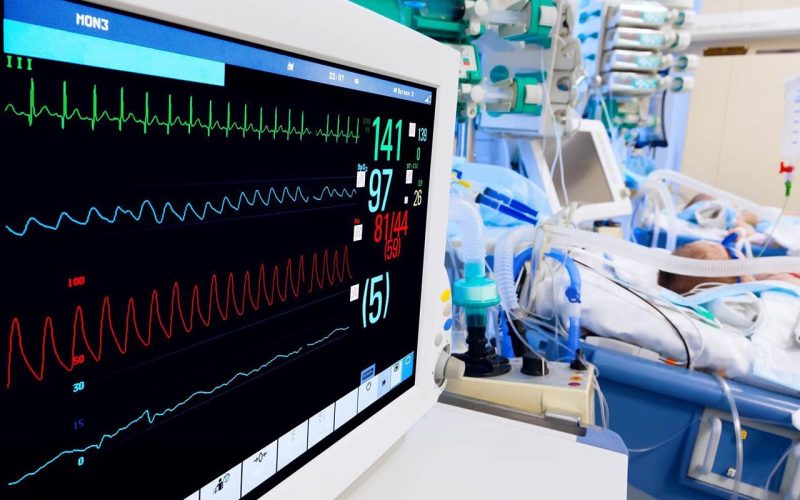Pediatric cardiologist Hans Breur studies children with severe congenital heart defects. He does this research together with experts in neonatal neurology from neonatology, oa Manon Benders and 2 other heart centers in the Netherlands. With a drug, they want to protect these children from brain damage immediately after birth and around surgery. “Not a day goes by without me thinking: we could have done this better.”
Every year in the Netherlands, 1,500 children are born with a congenital heart defect. Such an abnormality often causes brain damage around birth and surgery. Partly because of this, one in five children with a severe congenital heart defect needs extra help in school or go to special education. “Before the era of heart surgery, 75 years ago, all these patients were dying. Now 95 percent of these children reach adulthood. That’s a huge success story.” But, Hans says, everything could be better. The pediatric heart center does everything in its power not only to operate successfully on young patients, but to help them grow up without residual defects. So if one in five children will later need special education because of a heart defect, that number has to come down. “Gains that we can achieve through an intervention by national cooperation of centers in the early phase of life, means gains for the whole life for a large group of children,” al so Manon Benders.
A multidisciplinary group is investigating in young patients the adverse effects of heart surgery on the brain, including in the long term. This includes colleagues from the Department of Obstetrics and Neonatology: Jan Derks, Manon Benders and Floris Groenendaal, who have years of experience with perinatal brain damage and are trying to find a solution to reduce it. “A large proportion of babies with a congenital heart defect develop brain damage before and after such surgery,” says Hans. Through a nationwide collaboration, these children will receive a drug or placebo immediately after birth and just before surgery. That way we hope to reduce the release of harmful substances into their fragile brains around surgery. We measure the effects of that drug, allopurinol, with an mri-scan of the brain before and after surgery. In addition, we measure two years later whether the development is in line. Hans believes that less surgical damage can lead to a higher quality of life and better neurological development.
Constantly improving care is a great motivator in his work for Hans. “It is SO cool to see how far we have come in 75 years thanks to research and cooperation. Everyone is indispensable in the chain: obstetrics, neonatology, intensive care, the pediatric thoracic surgeon and anesthesiologist during surgery, radiology, the psychology and physical therapy department, and so on. If you really want to make a difference, you have to look for people with the same goal in mind and join hands preferably with all the centers in the Netherlands. Then you can do wonderful things.”
The biggest motivator for Hans, however, is the patients themselves. “Every time I see a child with a congenital heart defect and brain damage, I think: can’t this be done better?” With a different mindset it can, Hans believes. “If we want to do better, we have to offer patients a complete course, regardless of age. Lifelong care, without a hard cut when a child becomes an adult. “Suppose you have a heart defect for which you have to take blood thinners. When you turn eighteen now, suddenly you get different pills because they are registered for adults. That’s weird, isn’t it?”
